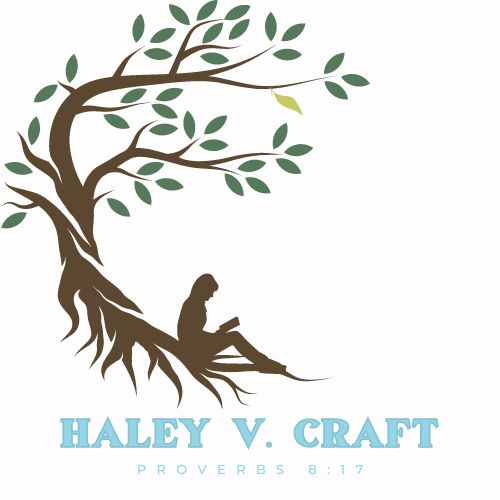But for you who fear My name, the sun of righteousness will rise with healing in its wings, and you will go forth and skip about like calves from the stall.
—Malachi 4:2
I spent most of this past week on my family’s small cattle farm in southern Mississippi. It’s a beautiful place with the house sitting on top of a hill that overlooks the gentle slopes of the four pastures that surround it.
While I was there, the pastures were full of buttercups, and the air was full of the sound of songbirds. It was beautiful, and amidst the pain and challenges of the week, it was comforting.
One afternoon as we waited for news about my Pawpaw’s funeral arrangements, I wandered out onto the porch to soak in the peacefulness of the farm. At first I listened to the birds and watched the dogs play in the yard, but it wasn’t long before the herd of cows began migrating back to the front pasture.
The adults came in first, slowly lumbering through the gate and along the fence that boarded the front yard. A few moments later, the first of the calves came through the gate. For a moment, he stood still at attention, looking back and forth between the adults ahead of him and the rest of the calves that hadn’t yet come into view. Then he suddenly broke into a run, hopping and bucking as he went.
The other calves must have seen him because it was no time before the golden afternoon sunlight was shining on the rest of the dozen or so calves as they came stampeding into the pasture. They ran along the fence bordering the yard and then turned and charged toward the middle of the pasture, running and skipping with such abandon that it spooked the adults into stampeding as well.
It was a scene full of beauty and joy, and it lifted my spirits enough for me to feel like I got a taste of the healing Malachi talks about in today’s verse.
This passage comes at the end of the book of Malachi, which is the last book of the Old Testament. The Jews had gotten permission to leave Babylon and return to rebuild Jerusalem and the temple that was destroyed.
That sounds exciting, and it was. Until they got back to their homeland and saw the extent of the destruction, the amount of work to be done, and the danger they would face while they did it. It was a difficult and dangerous situation the Jews returned to, so they did what we humans often do in difficult situations—they complained to God and accused Him of not loving them well. The book of Malachi is God’s response.
Today’s verse is found in the last chapter of Malachi, which serves as a final warning of what the future holds depending on whether the people choose to serve God or rebel against Him. He uses the metaphor of a new day breaking. The sun rises and shines its light on all the people, but the way that light affects people is different based on their relationship with God.
For those who rebel against God, the sun is like a furnace, burning them up. But for those who love God, we get verse two. The sun isn’t a soulless furnace; it’s a living sun that races to bring healing and joy.
It’s the kind of passage that I can see skeptics pointing to as evidence that God isn’t good, but I think to do so would be to miss a key part of the passage. In verse one, the destruction of those who rebel against God is a fact, a natural result of the decision to reject Christ. There’s no act or attempt to bring about destruction. The day dawns, and the natural result follows.
But verse two is different. It’s not a record of cause and effect. It’s a description of an intentional act. In verse two, God is eager to bring the gifts of healing, strength, and joy to the people who love Him.
This reveals something so important about the character of God. He’s willing to allow us to experience the natural consequences of rejecting the Source of all life and goodness out of respect for our free will. But that’s not what He wants. What He wants to give us is an abundance of joy and life that fills us until we’re ready to stampede like those happy little calves.






0 Comments